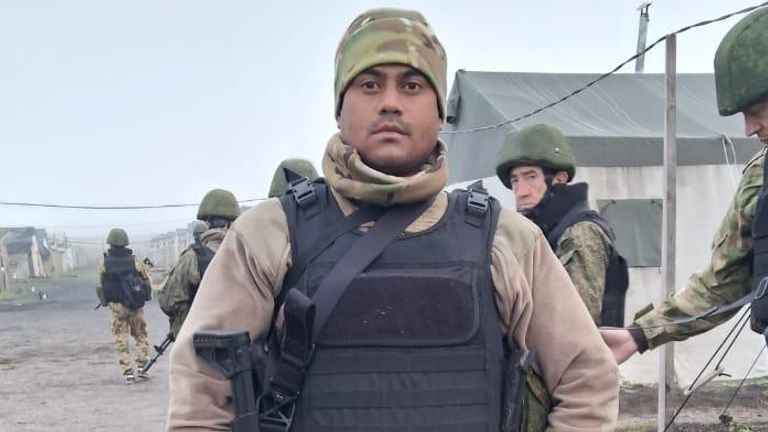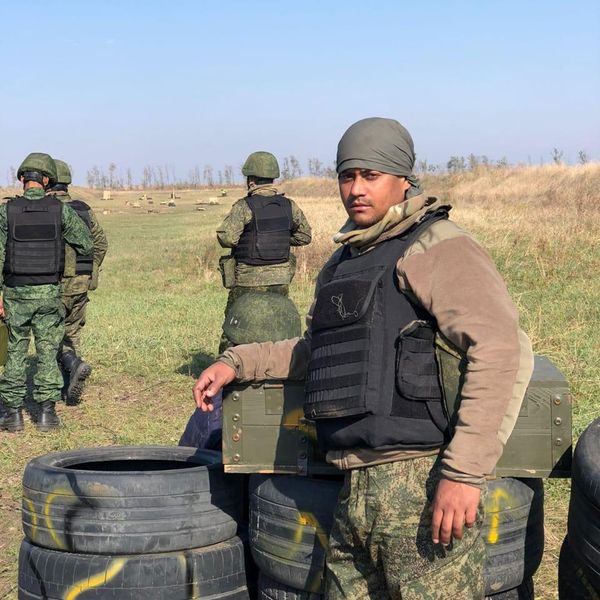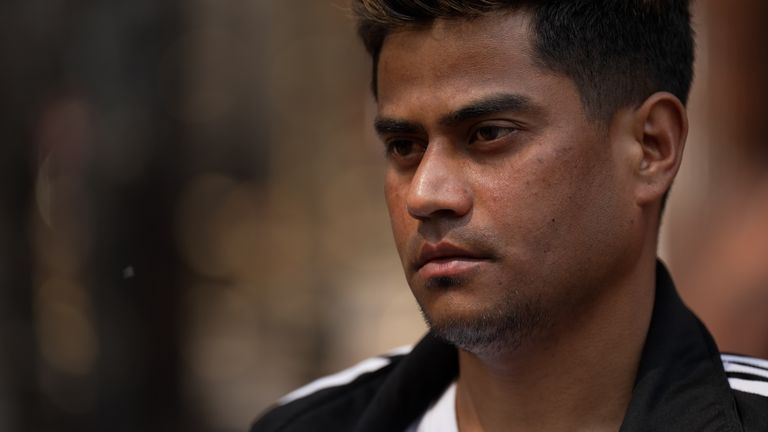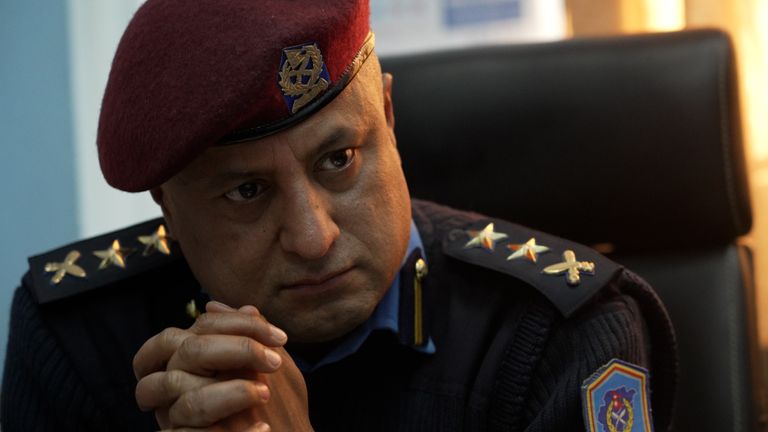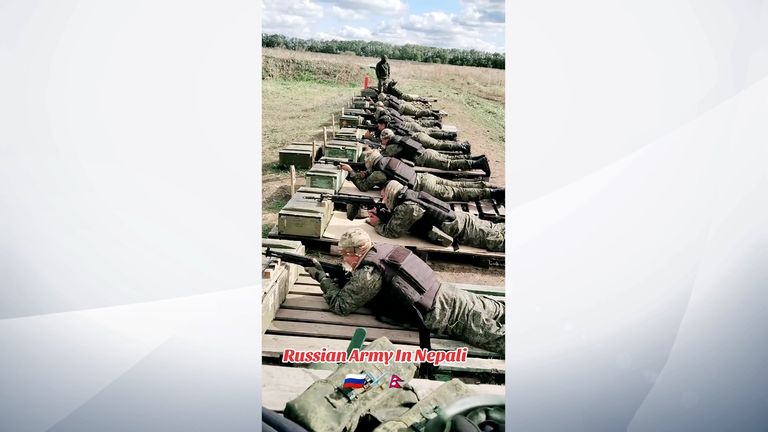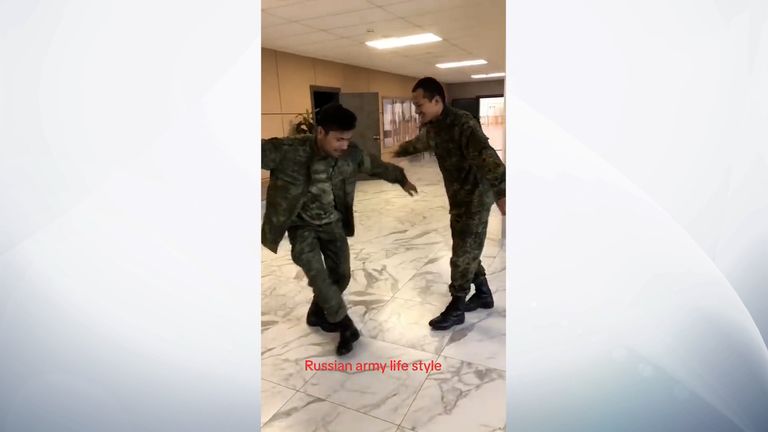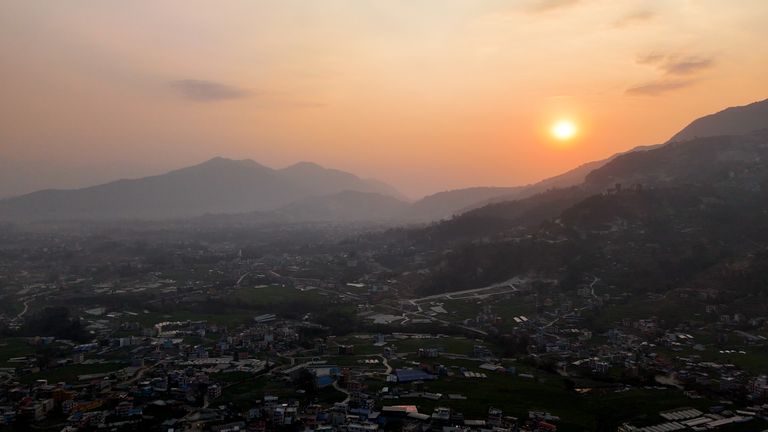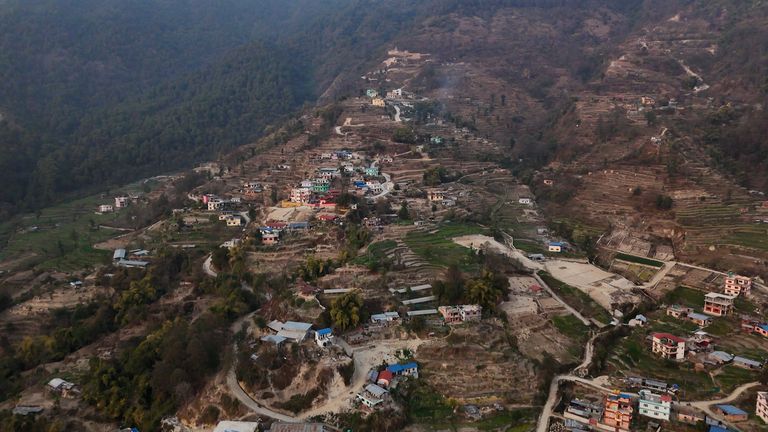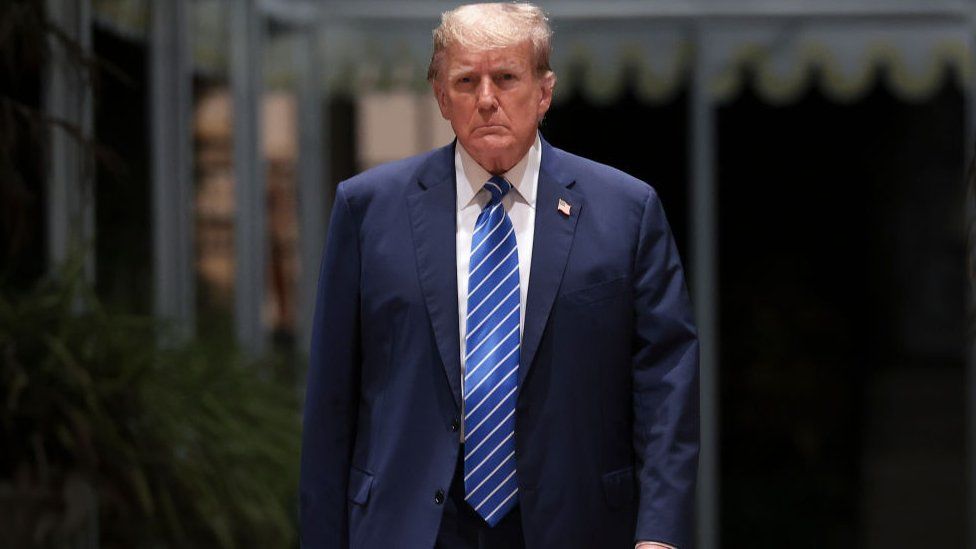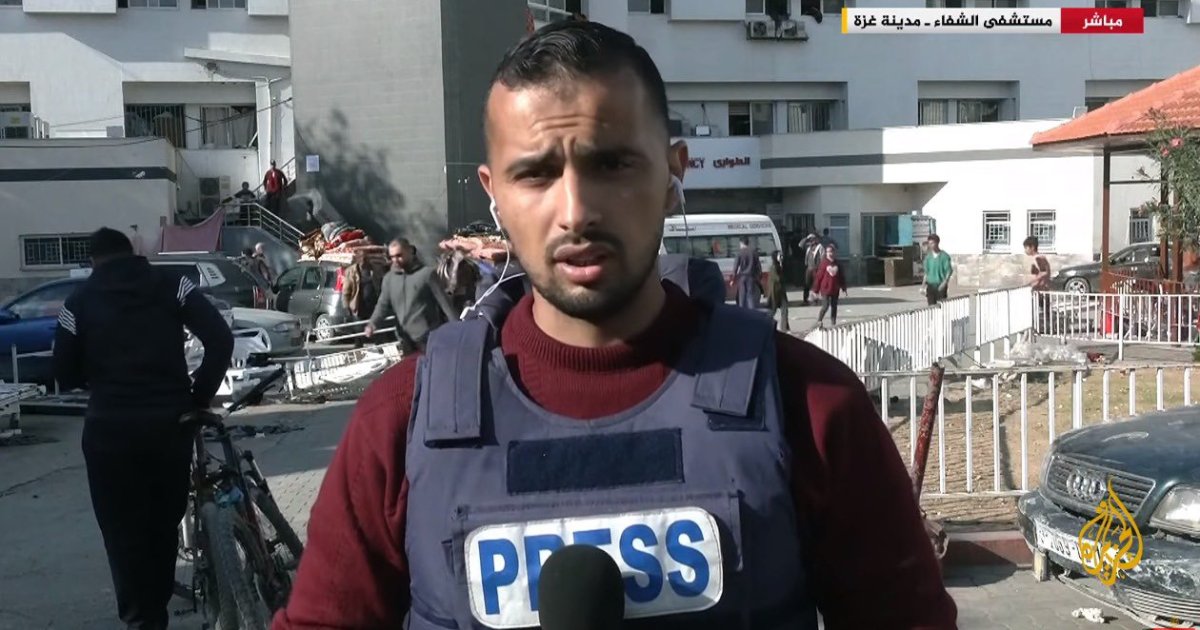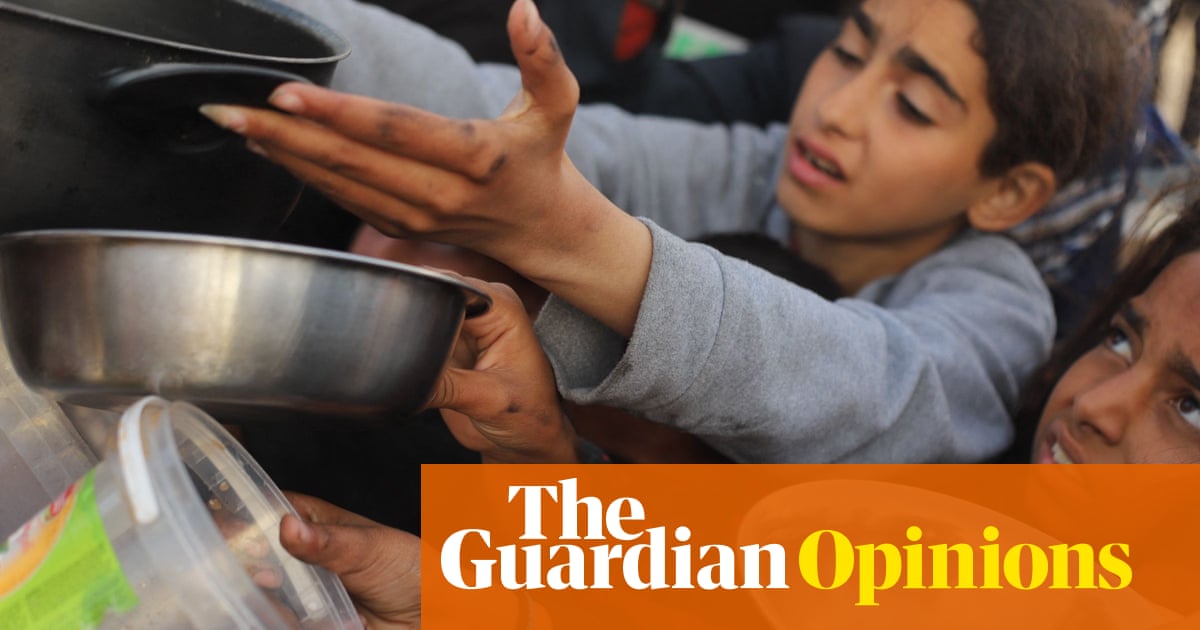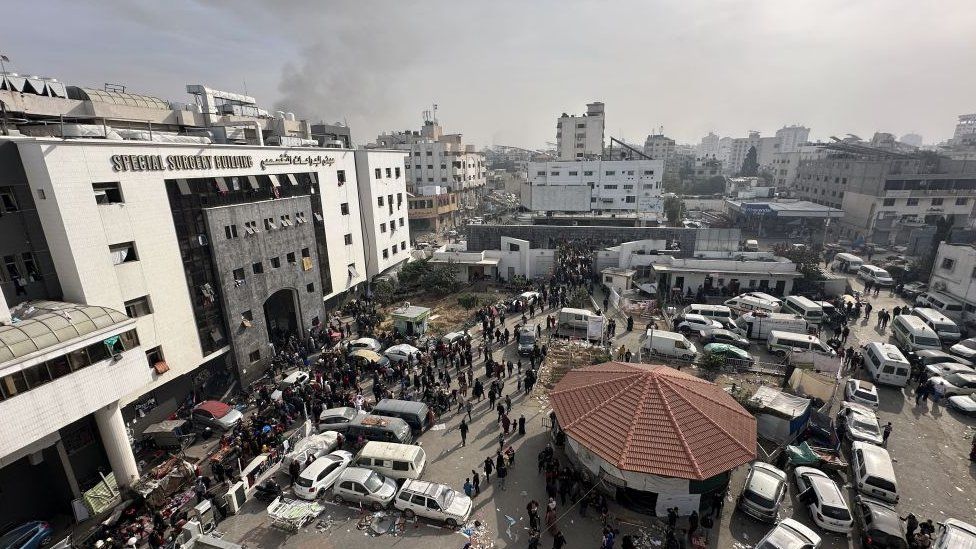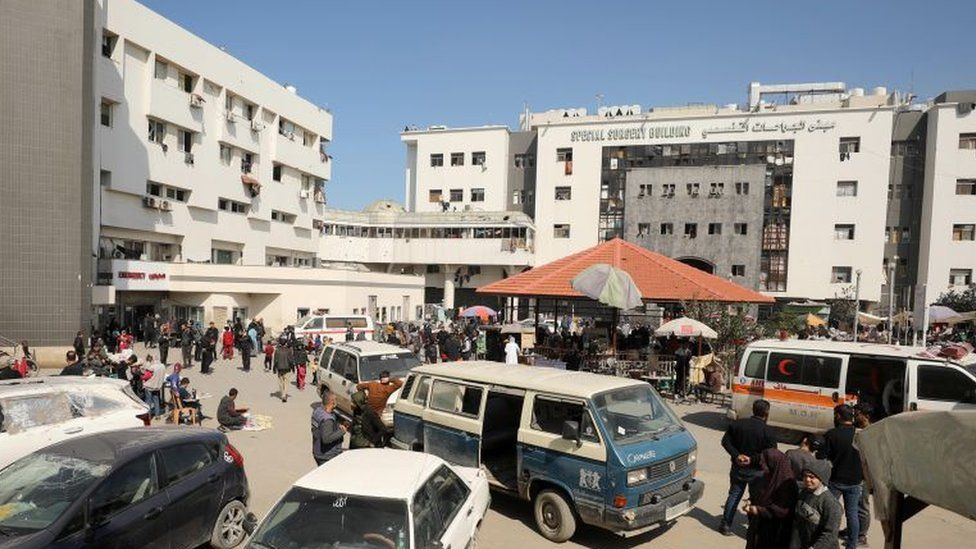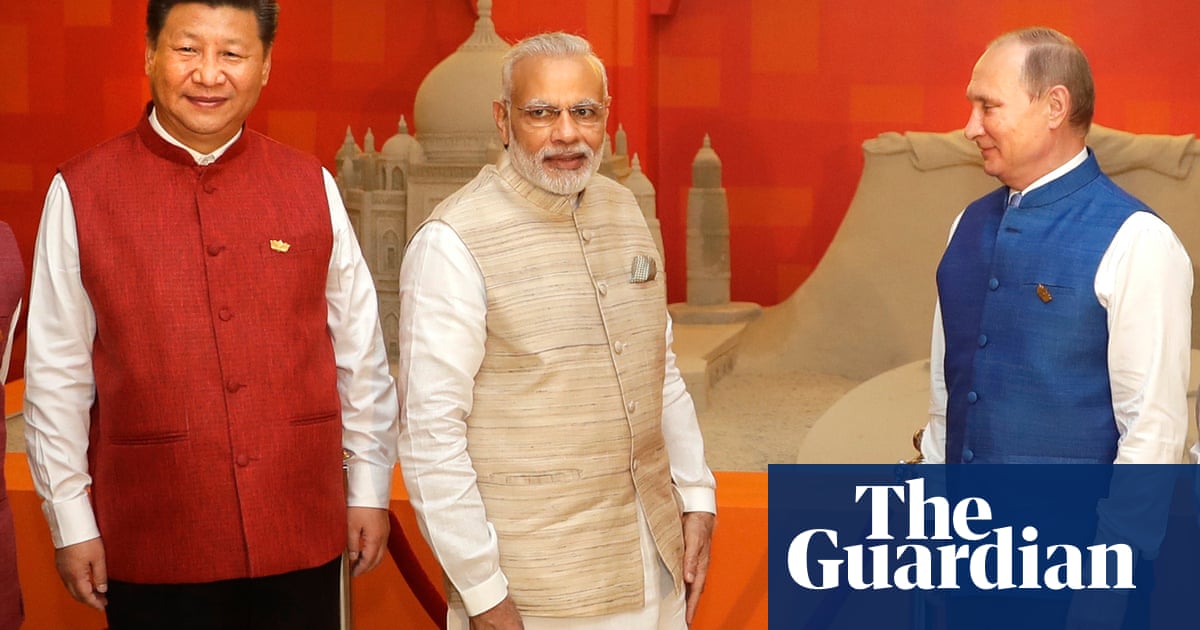
After Vladimir Putin’s landslide presidential election victory on Sunday, western governments lined up to characterise the win as unfair and undemocratic.
The elections underlined the “depth of repression” in Russia, according to British foreign minister David Cameron, while the US state department said the jailing and disqualification of opponents meant the process was “incredibly undemocratic”.
The comments from leaders across Europe and the US stood however in sharp contrast to messages of congratulation that flowed from countries across Asia, Africa and Latin America.
These contrasting reactions underscore the geopolitical faultlines that have been cleaved wider since Russia launched its full-scale invasion of Ukraine two years ago, triggering a crisis in relations with the west.
‘Certainty’ for China
China’s president Xi Jinping was quick to congratulate Putin on his victory, saying Beijing would continue promote the “no limits” partnership that it forged with Moscow just before Russia invaded Ukraine.
Questions around the democratic process are entirely absent from coverage of the election in Chinese state media, in which Putin’s victory is characterised as bringing “certainty to a world in turbulence”.
In the face of increasingly strained relations with the US, China has sought to expand its influence internationally. Galvanised by the belief that the era of US hegemony is at an end, Beijing has attempted to secure its own sphere of influence that stands in contrast to the west – and Russia under Putin has proved a willing partner in this effort.
After declaring victory on Monday, Putin used a speech to supporters to again declare that “Taiwan is an inherent part of the People’s Republic of China”, in comments that were likely directed at the government in Beijing which claims Taiwan as a province of China, and which has made “reunification” a crucial policy. Putin also accused other countries of creating “provocations” around Taiwan and said they – and their sanctions on China – were “doomed to fail”.
China and Russia are also members of the Brics group of emerging economies, which aim to challenge US domination of the global economy by uniting emerging economies including Brazil, South Africa and India.
A ‘special relationship’ with India
After Russia began its war against Ukraine, 141 countries voted in favour of a UN resolution condemning the invasion. However, according to the Economist Intelligence Unit (EIU), that headline figure conceals the reality that two-thirds of the world’s population live in countries that were neutral or Russia-leaning.
The EIU’s analysis found countries including Brazil, Saudi Arabia, South Africa – and most importantly India – have done their utmost to avoid picking sides in the conflict.
On Monday, India’s prime minister, Narendra Modi, echoed Xi, saying he looked forward to strengthening New Delhi’s “time-tested special and privileged strategic partnership” with Moscow.
Since Russia’s war against Ukraine began in February 2022, Modi has walked a diplomatic tightrope that has seen him refuse to take a forceful stance against the invasion.
In recent years, India has sought to position itself as a global powerhouse. Newly minted as the world’s most populous country – as well as its fifth-largest and fastest-growing economy – western leaders have rolled out the red carpet for Modi, despite his government overseeing a period of democratic backsliding and growing authoritarianism.
At the same time, Modi has positioned himself as a leader of the global south – a loose collection of developing countries and formerly colonised nations – many of which continue to support Russia.
India has also emerged as the single biggest buyer of Russian oil. India’s refineries have taken advantage of vastly reduced prices, after Europe banned Russian oil imports. In stepping in to fill the void left by buyers in the west, India has helped to soften the blow of western sanctions on Moscow.
Our ‘older brother’ has triumphed
Putin’s win was celebrated by leaders in Latin America who have been historically at odds with the US. Experts say Russia’s isolation from the west has only pushed it closer to countries such as Cuba and Venezuela, whose foreign minister recently characterised Moscow as a “victim on the international stage”.
The country’s president, Nicolás Maduro, responded to the results of Sunday’s vote by saying: “Our older brother Vladimir Putin has triumphed, which bodes well for the world.”
Cuba’s president, Miguel Díaz-Canel, called the result “a credible indication that the Russian population supports [Putin’s] management of the country”.
Putin’s victory was also warmly received in several countries in west and central Africa which are ruled by juntas after a number of coups since 2020 – including Mali and Niger.
Russia has sought to court many of these countries in the Sahel region after they severed ties with their traditional French and US allies following the military uprisings.
Putin has also used the breakdown of an agreement that ensured continuing food export from Ukraine to global markets – many of them in Africa – as a means of bolstering his support in the region. In July 2023 he promised deliveries of free grain to Burkina Faso, Zimbabwe, Mali, Somalia, the Central African Republic and Eritrea. The first deliveries were shipped last month, according to the Russian government.
In Burkina Faso, a daily newspaper summed up the changing global dynamics in an editorial on Monday, writing that in Africa, the election “could sound like a non-event”, but that it takes on a particular meaning because “Putin embodies the new geopolitical balance of power on the continent with a growing [Russian] presence and influence.”
https://news.google.com/rss/articles/CBMifGh0dHBzOi8vd3d3LnRoZWd1YXJkaWFuLmNvbS93b3JsZC8yMDI0L21hci8xOS9ydXNzaWEtZWxlY3Rpb24tMjAyNC12bGFkaW1pci1wdXRpbi12aWN0b3J5LXdoby13aGljaC1sZWRlcnMtY29uZ3JhdHVsYXRlZC1oaW3SAQA?oc=5
2024-03-19 05:58:00Z
CBMifGh0dHBzOi8vd3d3LnRoZWd1YXJkaWFuLmNvbS93b3JsZC8yMDI0L21hci8xOS9ydXNzaWEtZWxlY3Rpb24tMjAyNC12bGFkaW1pci1wdXRpbi12aWN0b3J5LXdoby13aGljaC1sZWRlcnMtY29uZ3JhdHVsYXRlZC1oaW3SAQA
